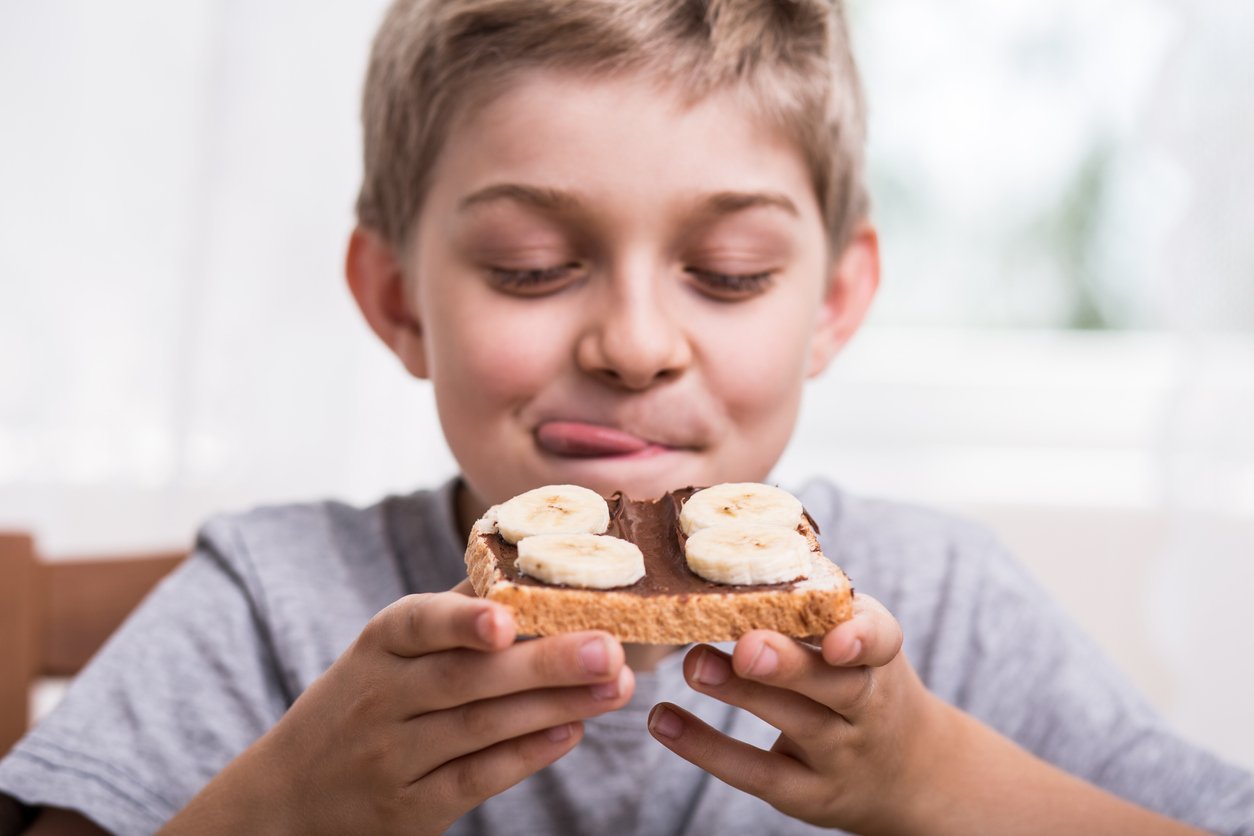To the Mama Who Worries About Her Child's Weight
Dear Concerned Mama,
I heard the worry in your voice as you tried to make sense of all the information that the doctor was telling you.
“My child is overweight but eats healthy”, you said with the sound of defeat as you wondered what you did wrong.
I watched you walk out with a look of guilt and shame in your face as the nurse gave you the stale handouts on “How to Help Your Overweight Child”. You glanced through them quickly before crumpling them into your bag and rushing out the door.
I couldn’t help but think about the musings that plagued you that day - the anxious thoughts that crowded your mind as you began to second-guess everything you thought you were doing right.
Sometimes the noise from the world around us is so loud, we lose the ability to trust ourselves. Those voices - they come from everywhere, even the most unlikely places, saying things like, “Your child is unhealthy”, or the self-critical thought that, “I am not a good mom”.
Let me be the first one to tell you that even as you worry about your child’s weight or body size, you are a good mother.
Our children all too easily become objectified, their weight and body size scrutinized, and at the end of the day, mom guilt creeps over like a thick blanket of fog, blocking your way.
Suddenly, you may find yourself more aware of how your child eats, the foods they like and don’t like. You may question if they’re eating too much “junk food” or worried they’re not getting enough vegetables.
Here’s the thing, mama: You can’t control your child’s weight any more than you can control the direction of the wind. You don’t get to determine whether you child will be in a larger or smaller body or how they will grow along the way.
What you can do is focus on how you provide them with reliable access to food and a safe, nurturing environment in which to grow.
You can help them know that you trust their innate ability to eat exactly what their bodies need to grow at a place that is right for them.
You can create a safe place for them to learn how to enjoy a variety of foods while discovering the nourishing and pleasurable aspects of eating.
You can say a loud, resounding NO to a dieting culture that pressures you to believe that you need to change the shape of your child, for the sake of being accepted or valued. Your child’s worth is independent of the size of their body.
Because a loving and safe feeding relationship between you and your child begins and ends with trust. Trust in yourself, trust in your child.
And you know what is even more powerful?
A child who has a mama that is confident in her own peaceful relationship with food and her body. Because deep rooted trees cannot be swayed so easily and resist even the strongest storms.
While your reaction in the past may have been to turn to dieting as an answer - just ask yourself, when is the last time a diet fixed anything for you?
Just remember - you can’t fix something that isn’t broken. Sweet mama, the size of your body (or your child’s body) doesn’t make or break you as a worthy, loveable human being.
So keep nourishing those roots, let your child take flight and grow into the person they were made to be. Keep feeding with love and good sense and don’t let the outside noise cloud your way.
You’ve got this.
“Whatever the cause, the task for you with yourself is the same as for you with your child: Feed yourself well, move in ways you find rewarding, and learn to love the body you have, not the body you wish you had. ”
P.S. Doing your job with respect to feeding and trusting your child’s eating abilities go best if you have healthy attitudes and behaviors about your own eating and body.












